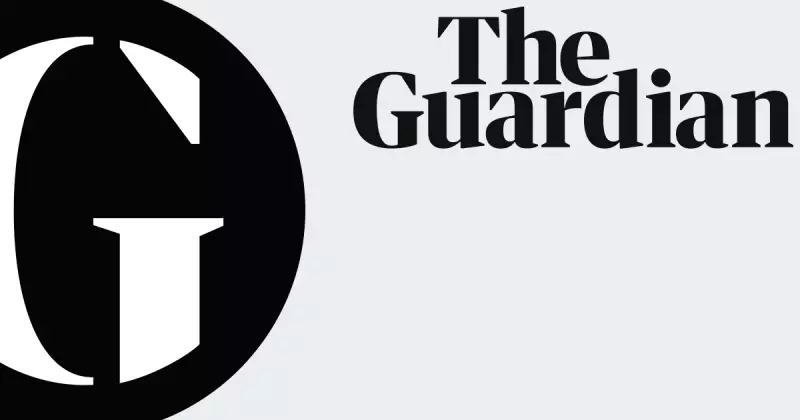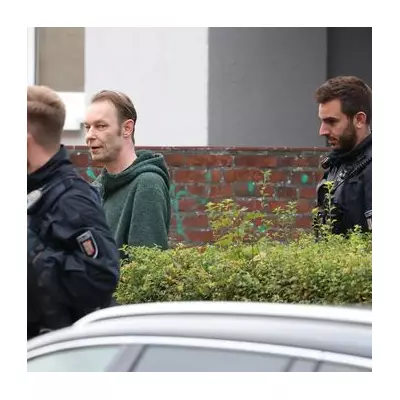
For twenty-five years, one man has been walking into Britain's most traumatic spaces - the places where life has ended violently, suddenly, or alone. He's what the industry calls an 'extreme cleaner', but his work reveals far more than just how to remove biological stains.
The Unseen Profession
While most of us go through life never considering who cleans up after the unimaginable happens, this professional has made it his life's work. His tools aren't just industrial-strength chemicals and protective gear, but something far more valuable: profound human understanding.
Lessons from the Edge
Through cleaning hundreds of death scenes, he's learned that:
- Every stain tells a story of a life lived
- The manner of death reveals patterns about modern isolation
- Society's most vulnerable often die the most hidden deaths
- There's dignity to be found in the careful restoration of spaces
Beyond the Stain Removal
This isn't just about cleaning - it's about witnessing the raw truth of human existence. The cleaner describes encountering everything from hoarders whose possessions became their tombs to suicide victims who left meticulous notes.
The work has changed him fundamentally, giving him insights into mental health, poverty, and the ways modern life fails the most vulnerable. He's become an accidental sociologist, reading the stories left behind in the physical evidence of lives ended.
A Quarter Century of Transformation
What began as a job has become a calling. The cleaner now sees his work as a form of social service - restoring not just spaces, but some measure of peace to grieving families and traumatised landlords.
"You learn that death isn't the scary part," he reflects. "It's the living who suffer. My job is to ease that suffering in whatever small way I can."
The Human Cost
The emotional toll of this work is immense. The cleaner discusses the coping mechanisms necessary to withstand daily exposure to tragedy, and how he maintains his own mental health while confronting others' trauma.
Yet despite the darkness, he finds light in the work - in the gratitude of families, in the knowledge that he's providing an essential service that allows people to move forward, and in the profound understanding of human nature that few other professions could provide.





